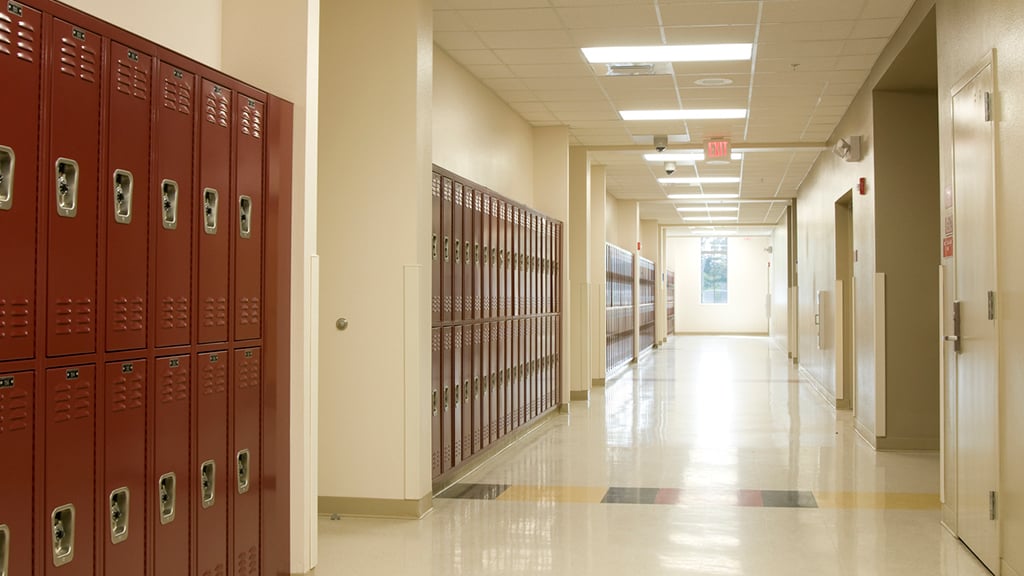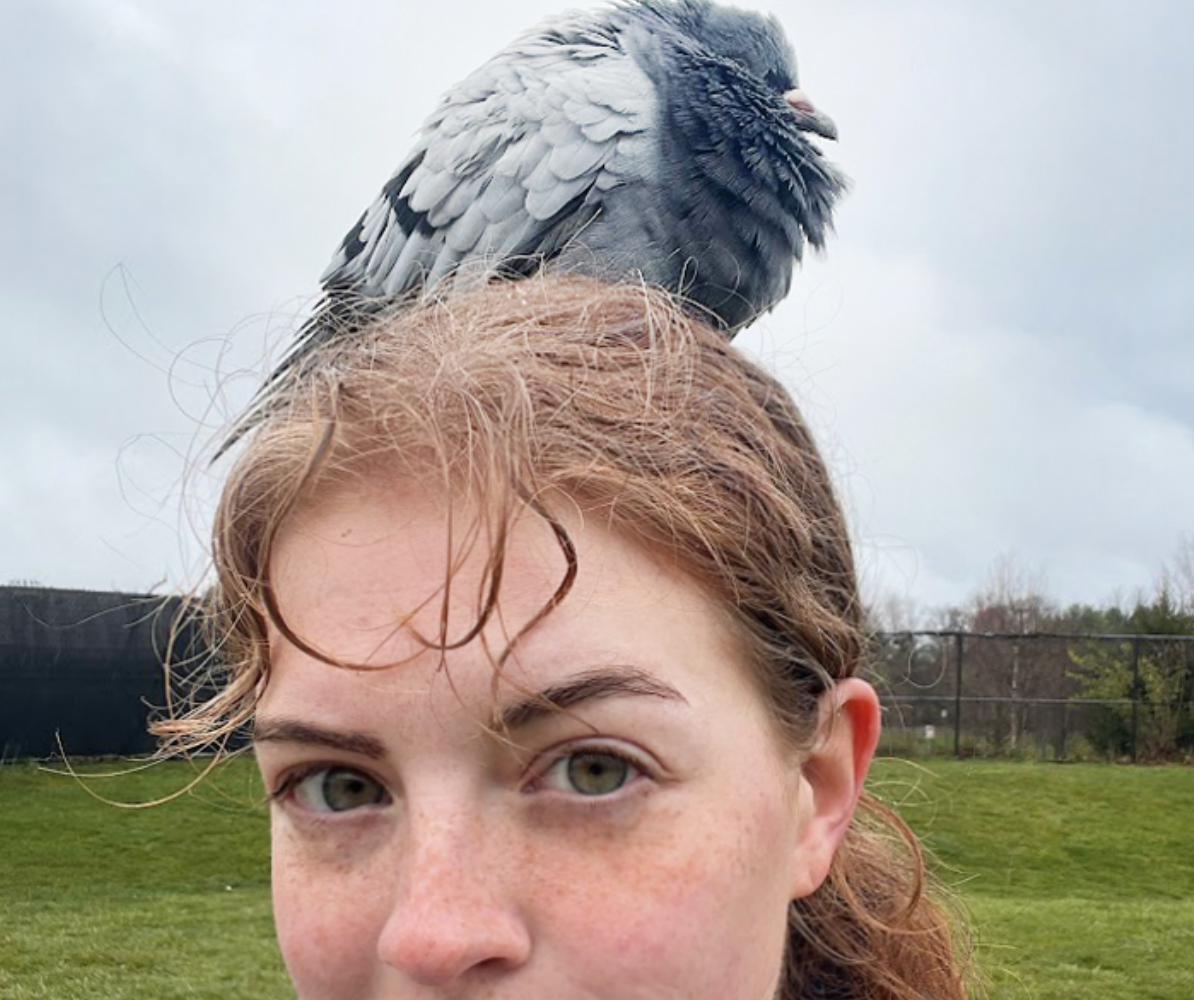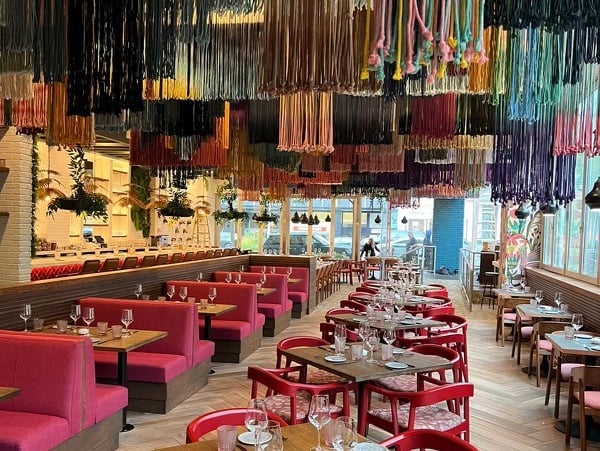In August, members of the Home & School Association (HSA) of Lafayette Elementary in Chevy Chase DC discovered that more than $29,500 of its funds was missing. An investigation found another $12,000 in fraudulent spending. That revelation followed a similar case at the Montgomery County Council of Parent-Teacher Organizations (MCCPTA), an umbrella group that includes parents from nearly 200 schools. Last spring, board members realized that $39,000 was gone.
Both cases have been resolved: A Lafayette parent was identified as the culprit and, after paying back the money, won’t face prosecution. And in November, former MCCPTA treasurer Lisa Betts pleaded guilty to embezzlement. But the ease with which PTA funds slipped away is shaking up area bake sales. “We’re a tight-knit community,” says Jamie Smith, who has two kids at Lafayette and is dismayed that “the trust of people who give money to the HSA was betrayed.”
HSA co-president Chris Lisi says the incident prompted the board to install new safeguards. But some parents are now wondering whether the HSA should have such an outsize influence in the first place. As with other public schools in affluent parts of DC, the organization provides extensive funding for resources that students wouldn’t otherwise receive. At Lafayette, that includes hiring music instructors and buying sports-team uniforms. The Lafayette HSA’s budget this year is a whopping $474,500.
Parent Brian Oliver hopes the theft will encourage people to pay more attention. “It can’t be a situation where parents say, ‘I wrote a check—I’m good to go,’ ” he says. Parents should contribute “with their time rather than with their money.” Of course, it’s a lot easier to send cash than to fit a taxing volunteer gig into overstuffed schedules. As another Lafayette parent puts it, “No one has time for this.”
This article appears in the January 2018 issue of Washingtonian.




















